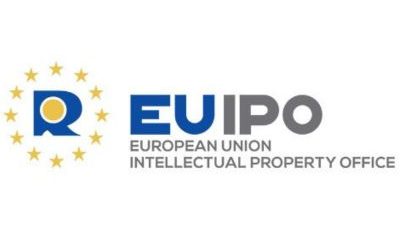Two vexed questions have been answered in the affirmative: yes, the European Patent Office (EPO) can examine entitlement to priority, and yes, the PCT joint applicants approach gives a valid priority claim at the EPO.
In its landmark decision, the Enlarged Board of Appeal of the European Patent Office (EBA) resolved the burning question on the EPO’s competence to assess the formal priority entitlement under Article 87(1) of the European Patent Convention (EPC).
On 10 October 2023, in the consolidated cases G1/22 and G2/22, the EBA was clear in its verdict: the EPO is indeed competent to determine whether a party is entitled to claim priority under Article 87(1) EPC.
The EBA further clarified that, under the EPC’s autonomous law, a rebuttable presumption applies that any applicant complying with the procedural requirements of Article 88(1) EPC — and its corresponding Implementing Regulations — is inherently entitled to claim priority. This rebuttable presumption implies that it is on the party challenging the priority entitlement to prove that said entitlement is missing. However, given the need for cooperation from the priority applicant to fulfill Article 88(1) requirements, the presumption is regarded as a strong one. So, beware — speculative doubts do not suffice to challenge it.
The EBA has then concluded that this rebuttable presumption extends to cases where European patent applications originate from a PCT application as well as to situations where the priority applicant(s) differ from the subsequent applicant(s).
Notably, the EBA took into consideration those cases where a subsequent applicant (party B) filed a subsequent application together with the priority applicant (party A), wishing to — jointly — rely on the priority right stemming from the priority application of party A. In the view of the Court, the mutual filing sufficiently proves the existence of an implicit agreement between parties A and B, allowing party B to harness the priority right established by the filing of the priority application by party A. That unless substantial factual evidence suggests otherwise.
With its recent decision, the EBA thus reaffirms its commitment to setting the stage for clarity in the pursuit of intellectual property rights and confirms its rather formal evaluation of the priority right.

Written by Emanuela Bianco
Partner, Saglietti Bianco
You may also like…
EUIPO unveils five-year strategy focused on providing high-quality IP services while fostering competitiveness, innovation, and economic growth in Europe
The plan, adopted at the EUIPO's Management Board and Budget Committee meetings, will come into effect on 1 January...
Best practices for drafting strong patent claims
In the life span of any business, the investment goes way beyond the financial aspects. It's the years of dedication,...
UK Government decides not to reduce or limit R&D tax credits
The UK Government’s 2024 Budget, while squarely focused on tax increases and revenue measures, suggests a pragmatic...
Contact us to write for out Newsletter














